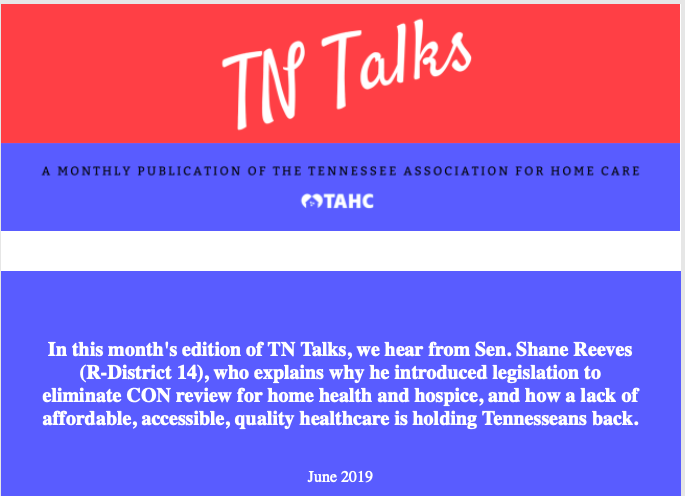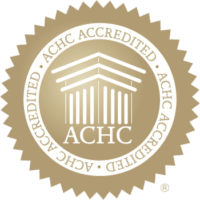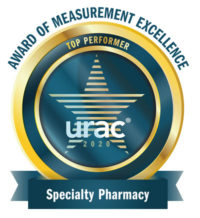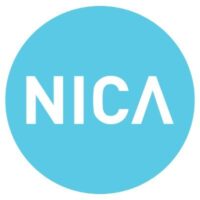Featured in…
By Sen. Shane Reeves
In March 2018, I was fortunate enough to be elected Tennessee’s State Senator for District 14 which includes Bedford, Lincoln, Marshall, Moore and Rutherford counties. Hardly a week goes by that I don’t meet someone new and/or learn about an opportunity or obstacles facing the great state of Tennessee.
After 15 months on the job I have concluded that there is no greater issue that is more important to Tennessee individuals, families and businesses than affordable, accessible and quality healthcare. With premiums rising, rural hospitals closing, pharmaceutical prices escalating, technology advancing and 11% of the state currently uninsured, it is fair to say that this issue must be tackled head on with creative private and public-sector reforms.
I graduated pharmacy school in 1994 and have owned an independent pharmacy in Murfreesboro, TN for 25 years. At heart, I am a clinician that approaches every healthcare issue through the filter of one simple question, “What is in the best interest of the patient?” However, I am also a businessman that is a strong advocate for the power of the free market for I believe it is true that competition lowers costs and improves quality which in turn leads to better outcomes.
We, as state legislators, must be careful not to overreach in government and cause needless disruption in the healthcare market. Yet, I submit that the current certificate of need (CON) programs, which requires certain healthcare providers to seek government approval before offering their services to the patients of Tennessee does just that in some instances. Currently in the state of Tennessee several healthcare providers (i.e. hospitals, SNF’s, Emergency Rooms, Home Health, etc.) must seek permission from a healthcare board called HSDA (Health Services Development Agency) before providing services. The process of obtaining this permission is lengthy, costly and often futile as the incumbent providers in those markets fight to protect their existing market share and capital investment.
CON programs are a derivative of the Hill-Burton Act, which was passed by Congress in 1946 to control the increase supply of medical facilities in the country. In 1974, additional federal legislation was passed that required all 50 states to develop a process by which state health planning agencies would essentially review major capital projects such as building expansions. The basic idea then and now is that excess capacity causes the unnecessary inflation of healthcare costs, particularly excess capacity in healthcare facilities. The federal legislation was eventually repealed in 1987, but not before CON programs had taken hold in basically every state. As of this writing, about three dozen states have some form of CON programs.
Though CON programs are common, there is great variation among them from state to state and the research regarding their efficacy is similarly inconsistent. As states look for innovative solutions to ever-rising healthcare costs, many legislators and policymakers are taking a closer look at CON programs and exploring whether increased competition might actually work to contain costs and resolve access issues that persist in many states with rural regions, including Tennessee.
This past legislative session I introduced Senate Bill 547, which would have, among other things, eliminated the CON review for both home health and hospice in Tennessee. I chose to start with home health and hospice for the following two reasons:
- I have had the good fortune to work with dozens of these agencies over the last twenty-five years and I believe that most all patients want to be taken care for at home. Anything that we can do to expand post-acute care services, like home health and hospice, should be considered and supported.
- I continue to hear from agencies that tell me that they are not able to expand to contiguous counties due to the expense and complexity of the process and the dominion of the incumbent in that market.
All that being said, I am keenly aware that unbridled expansion could be a recipe for fraud, that almost 80% of all revenue for home health comes from government payors and that the existing incumbents in the markets went through the HSDA process: so why should the newcomers get a pass? I am also aware that of the 95 counties in Tennessee, none of them have fewer than 13 home health agencies and 3 hospice organizations, which makes me wonder whether increasing the number of agencies in a county would really solve the access issues. (Trust me – I get both sides of the argument.)
I ended up refraining from running my bill because the decision was made by the Senate leadership to table all bills and to spend the summer listening to stakeholders on all sides of this issue and to “do no harm” to the existing healthcare marketplace.
I expect, and you should too, that CON legislation will be a popular topic again next year. I hope that you will take the time to reach out to your house or senate member and share your views. You can also read some of my white papers on healthcare reform at reevesfortn.com.















